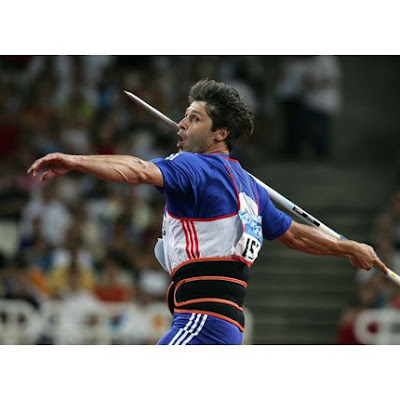
I think the Olympics have changed in tons of ways. The first way is that it is now a major world wide event that attracts thousands of people, opposed to back in 1936 when there were a small number of participants, events, sports and nations competing. Those numbers slowly grew and grew until in 2008 where we had 10,500 participants, competing in 302 events, in 28 sports and with 204 countries competing. Now that's a big improvement!
The second way is that there is now great cation about where the Olympics are to be sent next. In 1936 the IOC sent the Olympics to Berlin, Germany, half knowing what problems it would cause. Now there are huge conferences about if the next destination of they Olympics and they discuss if the country is fit to hold the next Olympic Games. 2008, Beijing is a prime example of this. Even though the Olympics was let go ahead there were still major decisions that had to be made.
The third way is the performance of the athletes. Athletes are always improving their records. The new technology the athletes have will let them continue improving. Back in they early Olympics they had no scientificly proven methods of training the had no coaches or personal trainers. They had to train by themselves and still earn a living for their family.
The fourth and final way i'm going to talk about is the new rules of fairness, drug testing and that they olympics are supposed to be held in peace. There are now rules in place about fair rights to all countries. The a big difference to the 1936 olympics where everything was in Germany's favour. The new drug test rules stop athletes from cheating and makes for a fair Olympics. The Olympics are now hoped to bring peace and let all the countries come together and compete in a fair way.






























